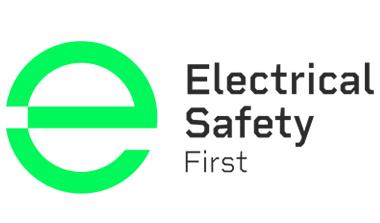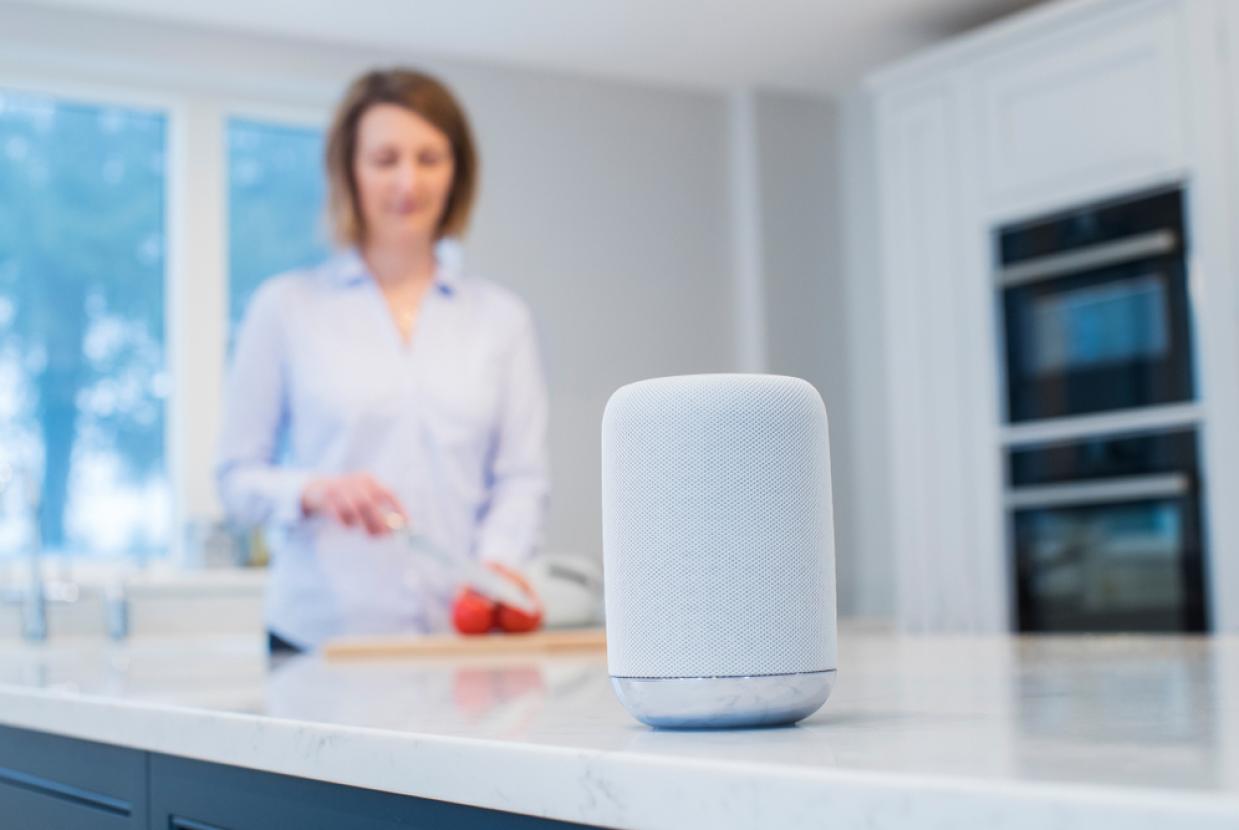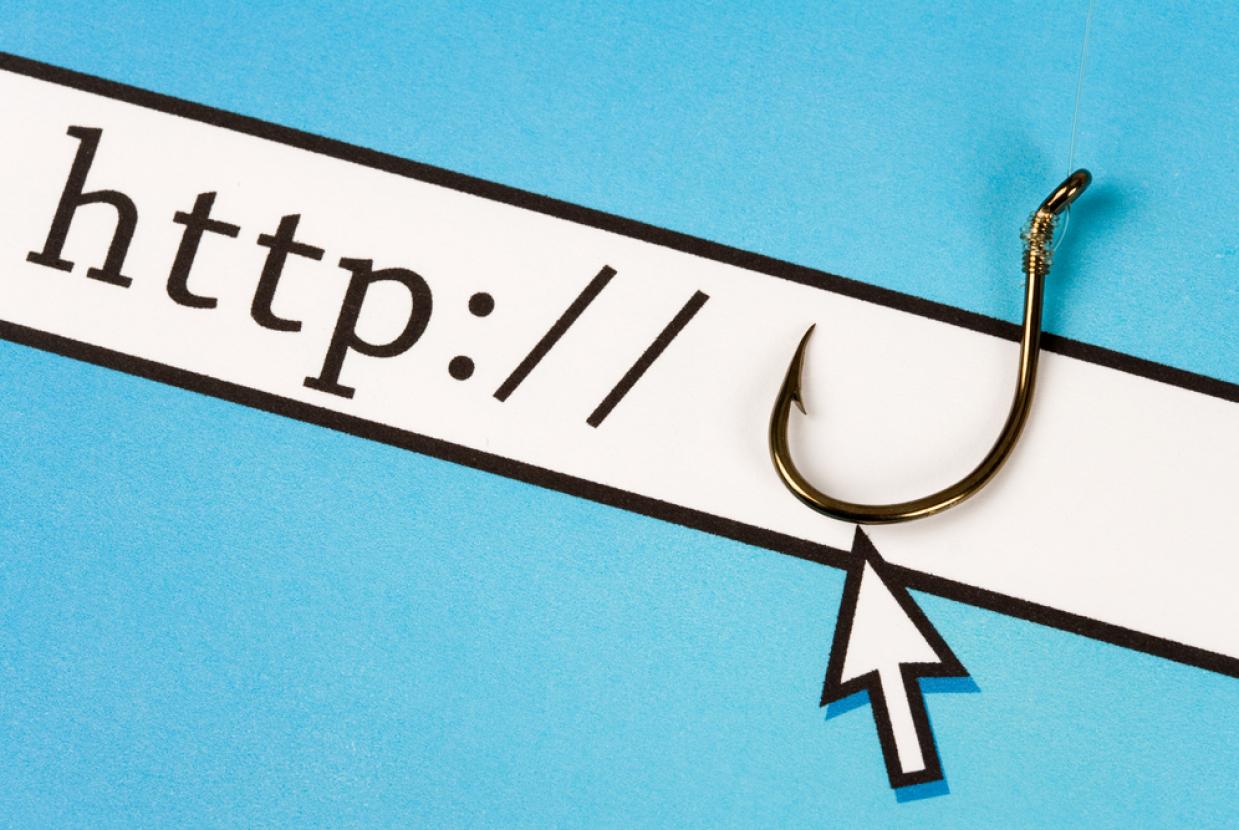Electrical Goods: Shopping Safely Online
Cyber SecurityWhile saving money is a priority for many people these days, it shouldn’t come at the expense of your safety.
Currently, it is very easy to set yourself up as a seller on online marketplaces such as Amazon Marketplace, eBay and Wish and there isn’t enough regulation to prevent people from using the sites to sell counterfeit and sub-standard electrical products, as well as those that are subject to a product recall due to a serious safety risk.
When buying online, Electrical Safety First recommends purchasing electrical goods from retailers you know and trust, either from the manufacturer’s website or from a trusted High Street name.
Spotting a fake product in a listing online can be difficult as the appearance of these are constantly improving or they use fake images. You should be careful not to be taken in by deals that seem too good to be true by sellers looking to exploit the cost of living crisis and take your money.
You can follow these simple steps to reduce the risk of buying a counterfeit product online:
Know where you’re buying from
Make sure you know where the supplier is based, a ‘co.uk’ URL doesn’t guarantee the website is UK based. If there is no address supplied, or there is just a PO Box, be wary; many fake electrical goods are manufactured overseas, they will not be safety tested and are produced as quickly and cheaply as possible.
When you're browsing an online marketplace, it isn't always obvious that you are not buying directly from the manufacturer or a well known retailer. To make it easier, we have launched a Browser Extension, available on Chrome, Firefox, MS Edge and Safari, that will highlight third party sellers and help you to stay safe when shopping online.
Don’t just take the seller’s word for it – or the reviewer's!
Beware of a product with solely glowing reviews, especially if the reviewers aren’t verified. Some sites cross-reference user reviews with their buyer database and label those people as "verified purchasers".
Beware of words qualifying an item’s authenticity
If the seller claims the product is ‘genuine’, ‘real’ or ‘authentic’ double check the source. Most reputable retailers don’t need to sell their products like this.
Don’t buy on price alone – not all bargains are worth it!
Some fakes are for sale just below the recommended retail value, hoodwinking shoppers that are too savvy to fall for the ‘too good to be true’ deals. Make sure you do your homework if you decide to buy products below and certainly well below high street retail prices.
Spot the lock to pay safely
Look for websites that allow you to pay safely – these have a padlock symbol at the bottom of the screen when you are filling in your payment details. If you can’t see it, do not enter your payment details!




































